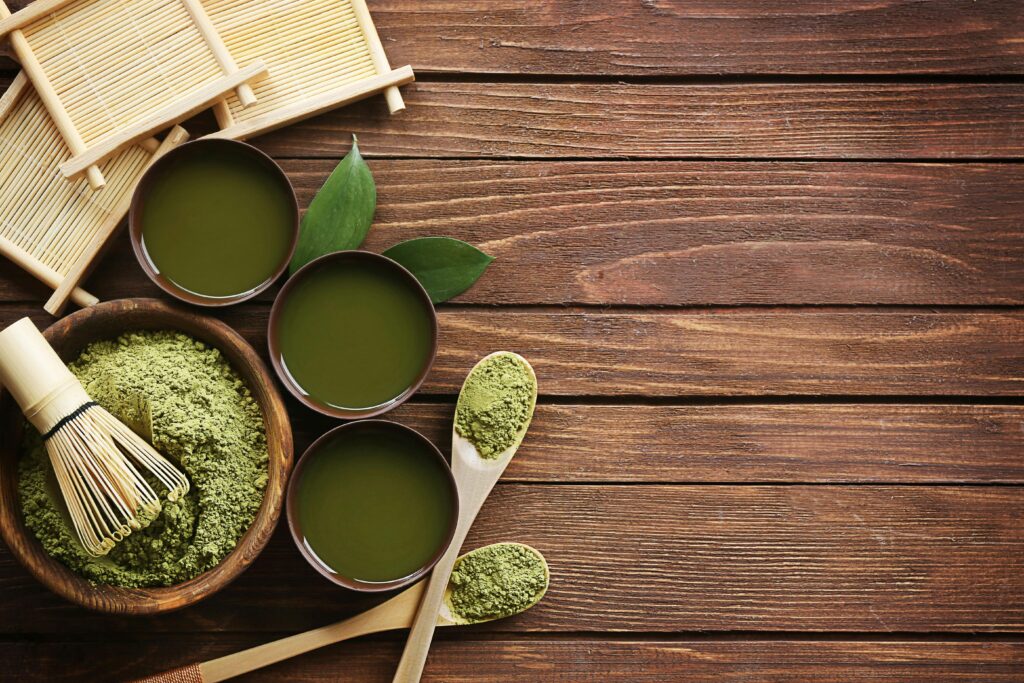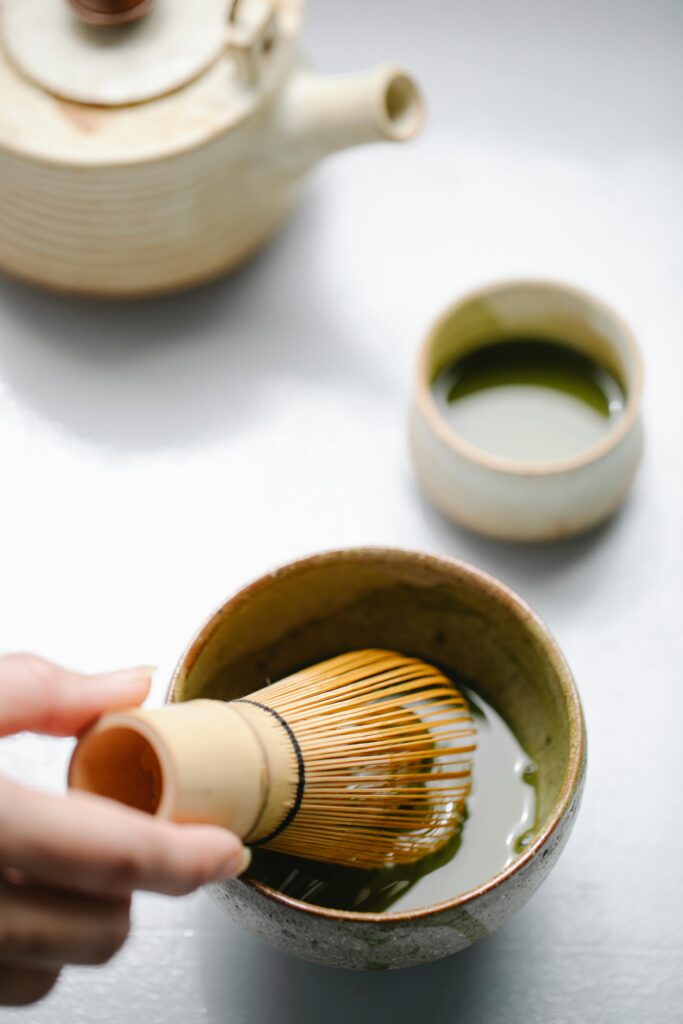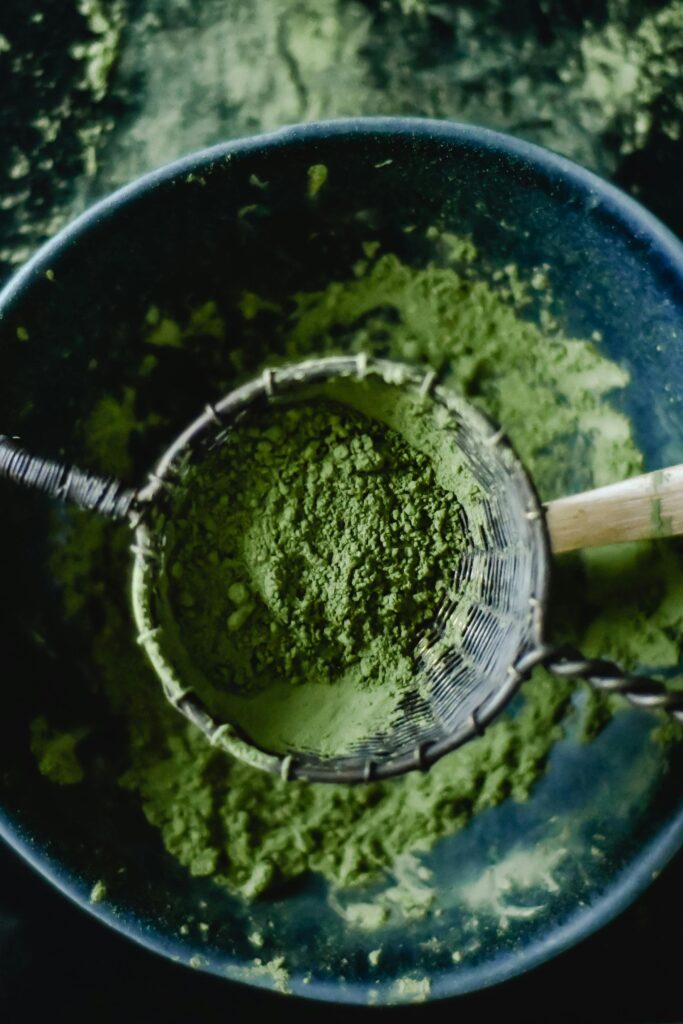Are you a Matcha seller? Join as a Vendor
Sustainability & Ethics in matcha is organic farming, fair trade, and eco-friendly packaging that reduces chemical runoff by 100% while supporting small farmers.
Sustainability and ethics in matcha focus on farming practices that protect the environment while ensuring fair treatment of workers throughout the supply chain. These practices matter because matcha production involves consuming the entire tea leaf, making pesticide-free cultivation and responsible sourcing particularly important.
Certified organic matcha farms avoid synthetic pesticides, herbicides, and chemical fertilizers that can harm soil health and contaminate groundwater. JAS (Japan Organic), USDA Organic, and EU Organic certifications verify these standards. Organic producers use natural fertilizers like compost and fish emulsion while employing integrated pest management techniques that encourage beneficial insects rather than relying on chemical sprays.
Water conservation plays a key role in sustainable matcha farming. Many Japanese farms use efficient irrigation systems and rainwater harvesting to reduce water waste. Some producers have maintained organic cultivation for over 40 years, developing techniques that build soil fertility through crop rotation and natural mulching with plant pruning remnants.
Ethical matcha sourcing supports fair wages and safe working conditions for farm workers and processors. While Fair Trade certification isn’t common for Japanese matcha due to the prevalence of small family farms, many brands engage in direct trade relationships that pay above commodity rates and build long-term partnerships.
These practices help preserve cultural heritage and stimulate local economies. Direct trade models encourage younger generations to continue traditional farming methods, addressing demographic challenges as rural populations migrate to cities. Community-focused sourcing ensures that matcha profits benefit the regions where it’s grown.
Transparent matcha brands share detailed information about their farm sources, production methods, and quality standards. This includes documentation of organic certificates, processing facilities, and cooperative partnerships. Traceability systems allow consumers to trace their matcha from specific farms to final packaging.
Third-party certifications like IFS Broker certificates verify that intermediaries maintain quality, safety, and legal compliance throughout the supply chain. Brands that provide farm stories and detailed sourcing information demonstrate genuine commitment to ethical practices rather than superficial marketing claims.
Eco-friendly matcha packaging includes recyclable metal tins, biodegradable pouches, and paper cans made with soy-based inks. Some companies offer refillable containers made from recycled aluminum or handcrafted wood to reduce packaging waste. These materials protect matcha’s quality while minimizing environmental impact.
Consumers can identify ethically sourced matcha by looking for certified organic labels, seeking brands with clear farm transparency, and choosing products with sustainable packaging. Supporting companies that engage in direct trade or carry Fair Trade certification helps ensure that farming communities receive fair compensation for their work.
Use the links below to access more resources about japanese green tea. Our platform features the largest collection of matcha-related content and products.
Join our community to continue your matcha journey!
All the matcha brands that matter, sorted by region, harvest season, and what they’re actually good for.
Everything you actually need to know about matcha, from basic whisking to why some powder costs $100.
Shop directly from matcha sellers we trust – no dropshippers, no sketchy Amazon brands, just good tea.
Shop all matcha grades in one place – ceremonial for drinking, culinary for lattes, and everything between with honest pricing.





Join our mailing list to receive updates and exclusive tips.
There are no results matching your search